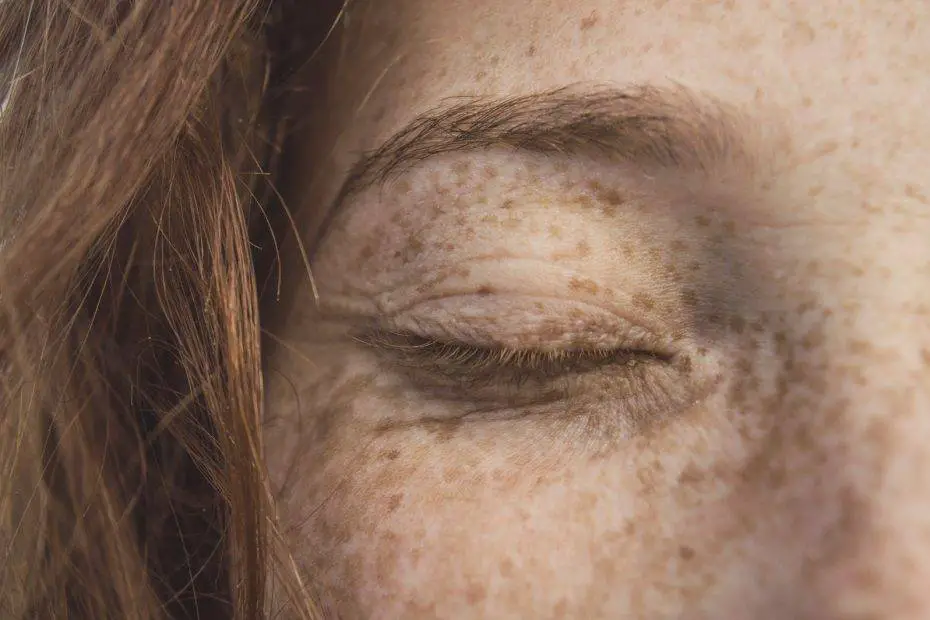Introduction:
Skin allergies, also known as dermatological reactions, are common conditions that affect a significant portion of the population. These reactions can cause discomfort, itching, redness, and other skin-related symptoms. Understanding the triggers, recognizing the symptoms, and knowing how to treat these allergies is essential for effectively managing and alleviating the associated skin problems. In this blog post, we will explore skin allergies, discuss their causes, symptoms, and provide insights into their treatment options.
Causes of Skin Allergies:
Skin allergies occur when the immune system overreacts to certain substances, perceiving them as harmful. Common triggers for skin allergies include:
Allergens:
Allergens are substances that can cause an allergic reaction. Common allergens include pollen, dust mites, pet dander, certain foods, latex, and specific medications. When these allergens come into contact with the skin, they can lead to an allergic response.
Irritants:
Unlike allergens, irritants directly damage the skin, causing irritation and inflammation. Examples of irritants include harsh chemicals, certain soaps, detergents, fragrances, and environmental factors such as excessive heat or cold.
Types of Skin Allergies:
Contact Dermatitis:
Contact dermatitis occurs when the skin comes into direct contact with an irritant or allergen. It can result in redness, itching, rash, and sometimes blisters. Common causes of contact dermatitis include certain metals (e.g., nickel), cosmetics, perfumes, and specific plants like poison ivy.
Atopic Dermatitis (Eczema):
Atopic dermatitis, or eczema, is a chronic condition characterized by dry, itchy, and inflamed skin. It often appears in childhood and can persist into adulthood. Genetic and environmental factors play a role in its development. Triggers for atopic dermatitis include allergens, irritants, stress, and climate changes.
Urticaria (Hives):
Urticaria, commonly known as hives, manifests as itchy, raised welts on the skin. It can occur due to an allergic reaction to medications, foods, insect bites, or infections. Hives can also be triggered by physical factors such as pressure, heat, or cold.
Treatment Options for Skin Allergies:
Avoidance:
Identifying and avoiding triggers is crucial in managing skin allergies. If you know the specific allergen or irritant causing the reaction, try to minimize exposure. For example, wearing protective gloves while handling chemicals or using fragrance-free products for sensitive skin.
Topical Treatments:
Topical treatments can help alleviate symptoms and reduce inflammation. These may include corticosteroid creams or ointments, antihistamine creams, or moisturizers to soothe dry skin. It’s important to consult a healthcare professional or dermatologist for appropriate recommendations and guidance.
Oral Medications:
In severe cases or when symptoms are widespread, oral medications such as antihistamines or corticosteroids may be prescribed to reduce itching, inflammation, and allergic responses. These medications should be taken under medical supervision.
Allergy Testing:
If the cause of the skin allergy is unknown, an allergist may perform allergy tests to identify specific triggers. Patch testing, blood tests, or skin prick tests can help determine the allergens responsible for the reactions. This information can guide further treatment and avoidance strategies.
When to Seek Medical Help:
While mild cases of skin allergies can often be managed with home care, it’s important to seek medical attention if:
- Symptoms worsen or persist despite treatment.
- The reaction covers a large area of the body.
- There are signs of infection (pus, increased pain, warmth, or fever).
- Breathing difficulties or other severe symptoms occur.
Conclusion:
Skin allergies, or dermatological reactions, can cause discomfort and affect the quality of life for individuals affected by them. By understanding the triggers, recognizing the symptoms, and following appropriate treatment strategies, it is possible to manage and alleviate the symptoms associated with skin allergies. If you are experiencing persistent or severe symptoms, consult a healthcare professional or dermatologist for an accurate diagnosis and personalized treatment plan.

